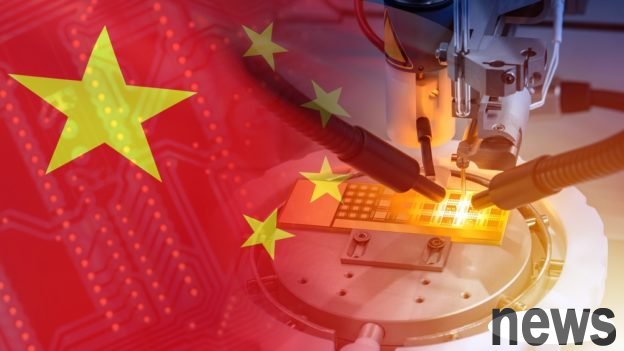The Chinese government recently asked technology companies, including Alibaba and Technologies to explain their demand for purchasing (Nvidia) H20 artificial intelligence chips. This measure has put American chip manufacturers in face challenges in...

The Chinese government recently asked technology companies, including Alibaba and Technologies to explain their demand for purchasing (Nvidia) H20 artificial intelligence chips. This measure has put American chip manufacturers in face challenges in China's business. According to people familiar with the matter, supervisory agencies such as the Ministry of Industry and Information Technology (MIIT) have asked the companies to explain why they need to order Nvidia's H20 chips instead of using domestic alternatives.
Previously, these technology companies were the main buyers before China's sales restrictions on Nvidia H20 chips, but some companies planned to reduce orders due to inquiries from the supervisory agency. A Chinese data center operator said that although buying Nvidia H20 chips has not been banned, it has become a politically incorrect behavior, a common feeling revealed by industry sources.
The Chinese supervisory authority is increasingly dissatisfied with the use of Nvidia chips in any government or security-related projects. According to Bloomberg, the Chinese authorities have issued notices to several companies, especially for government-related work, and encourage the use of H20 chips.
At the same time, Beijing is also promoting the development of domestic alternatives. Chinese chip manufacturers such as Ascend and Cambricon, China, have gradually increased their market share after Nvidia H20 sales were restricted, and thanks to national policy support, accelerating the replacement process. Nvidia recently agreed to comply with U.S. export control regulations and pay the U.S. government about its sales revenue in China to re-start the sale of H20 chips, making it the center of ground-based political struggles between Beijing and Washington.
U.S. security experts criticized Nvidia's H20 revenue agreement, believing that these chips could help the Chinese army and weaken the U.S.'s advantages in the field of artificial intelligence. Beijing expressed concern about the safety issues of Nvidia products, including potential positioning tracking and remote shutdown functions, although Nvidia does not believe that its products have these characteristics.
The Trump administration is considering allowing Nvidia to sell some restricted AI chips to the Chinese market. Compared with the more advanced processors sold in the United States, the performance of H20 chips sold to China is limited. According to reports from Bernstein analysts, Nvidia's chip market share in China is expected to drop from 66% in 2024 to 55% in 2025.
China tells Alibaba, ByteDance to justify purchases of Nvidia AI chips Extended reading: NVIDIA and AMD China chip sales revenue was 15%, and the US export permit was exchanged